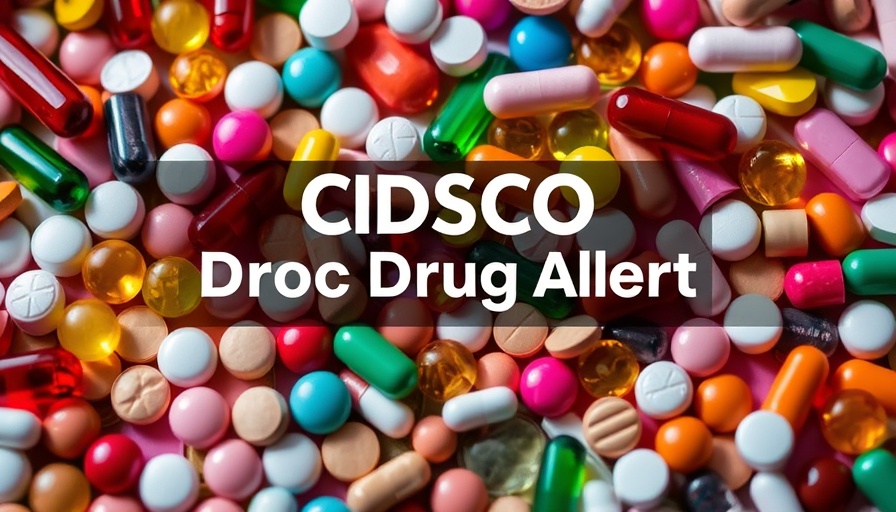
Quality Issues in the Pharmaceutical Industry
Recently, a significant number of drug batches, including the well-known Dexona, have failed to meet the strict quality standards set by India’s Central Drugs Standard Control Organization (CDSCO). This revelation concerning 58 drug batches serves as a critical reminder of the importance of pharmaceutical quality oversight and the implications for patients relying on these medications. Ensuring that medicines are safe and effective is crucial for public health, making transparency in this industry essential for patient trust.
The Importance of Drug Quality Testing
The recent failures in quality testing by the CDSCO highlight a pressing issue that extends beyond mere regulatory compliance; it concerns the health and lives of those who depend on consistent pharmaceutical quality. Pharmaceuticals are an integral part of healthcare, and any compromise in their quality can have far-reaching consequences. For instance, patients may experience ineffective treatments or adverse effects, further complicating their health issues. Therefore, quality assurance is not just a regulatory formality but a vital aspect of public health initiatives.
Why This Matters to Patients and Families
For families and individuals managing chronic conditions or recovering from surgery, access to high-quality medications is non-negotiable. The fact that popular drugs like Dexona, used to treat conditions like allergies and inflammatory diseases, have failed quality tests can lead to a sense of uncertainty among patients. It raises questions about what alternatives they have and whether the medicines they are taking are genuinely effective and safe.
Potential Risks and Consequences
When drug quality is compromised, it doesn’t just pose a risk to individual patients but can inadvertently impact broader community health. Substandard medications can contribute to drug resistance, particularly in antibiotics, which complicates the ability to treat infections effectively. Failures of this nature prompt a call for improved healthcare strategies and robust mechanisms to ensure that drugs are manufactured according to the highest standards.
Moving Forward: Increasing Transparency and Trust
This situation serves as a critical opportunity for stakeholders in the pharmaceutical industry, regulatory agencies, and healthcare providers to collaborate. By enhancing transparency in drug approval processes and increasing public awareness about the measures in place to protect consumers, trust between the community and the healthcare system can be restored. It's about building confidence in treatments and medications that people depend on every day. Educating the public about these issues through telemedicine platforms can also offer real-time information and support to patients navigating their medication options.
Final Thoughts
As we reflect on the implications of these quality failures, it becomes clear that ongoing vigilance is necessary. Continued dialogue between manufacturers, regulators, and consumers is essential for improving drug safety and efficacy. By advocating for stringent quality assessments and supporting initiatives that protect patient health, we can work towards a future where quality assurance is paramount in the pharmaceutical industry.
 Add Row
Add Row  Add
Add 




 Add Row
Add Row  Add
Add 

Write A Comment